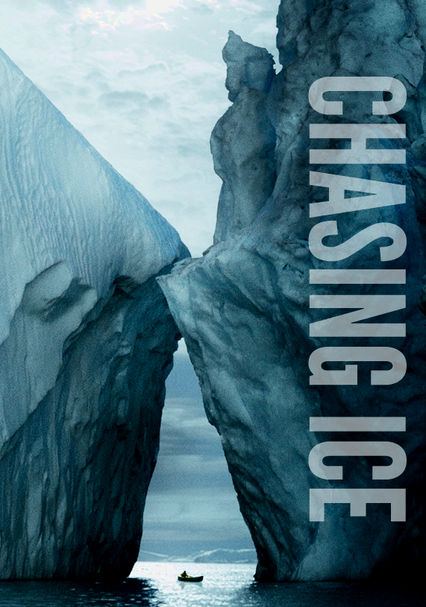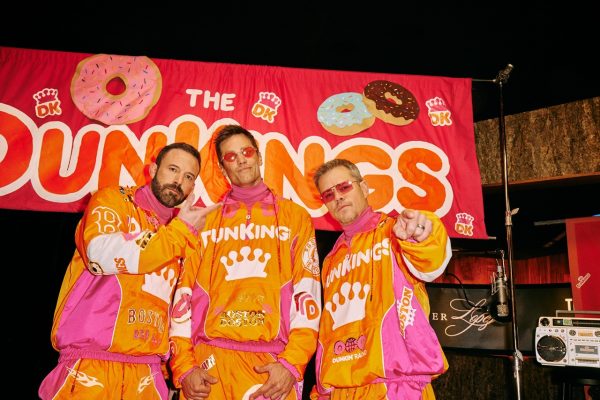Top five documentaries about the planet
Follow up your love for planet Earth by educating yourself about climate change
Chasing Ice (2012) on Netflix
May 5, 2021
First celebrated on April 22, 1970, Earth Day became recognized around the world as a day to raise awareness and show support for environmental protection. Earth Day came to be after the post-Vietnam War industrial surge, when the amount of chemical plants, factories and oil industries increased exponentially. Wisconsin senator Gaylord Nelson was the legislator who proposed a national day of environmental consciousness as a way to push the topic onto the national agenda. Over 20 million people participated in marches and protests around the United States to support a cleaner and healthy living environment.
Due to the success of the first Earth Day, the United States Environmental Protection Agency was founded, in addition to the passing of the Clean Air Act, Clean Water Act and Endangered Species Act. Fifty years later, Earth Day still serves an important reminder to take care of the planet we live on, and the following documentaries almost all found on Netflix can help spread awareness and promote more conscientiousness to the planet.
Streamed on Netflix, “Kiss the Ground” (2020) narrated by Woody Harrelson is a documentary that focuses on the links between land use, soil depletion, and the current climate crisis. Science experts and celebrity activists travel around the world to delve into the ways in which the Earth’s soil can be the key to fighting climate change and saving the planet.
Similarly, “Our Planet” (2019) is an eight-part series that showcases the natural world and the threats it faces. It addresses the issues of conservation, and emphasizes the effects of climate change and human impact on the environment and how it affects wildlife worldwide. The project took over four years to film, more than 600 crew members and filmed in over 50 countries to spread awareness to “be responsible, careful citizens of this planet which is our only home, and for the creatures that live in it,” as told by narrator David Attenborough.
“A Plastic Ocean” (2016) evolved from a hunt for an elusive blue whale into an exploration of the world’s plastic waste-filled oceans, as well as the pollution’s environmental effects. The film shows beautiful footage of marine environments and also pollution-filled cities full of waste and plastic. It emphasizes the message that our actions have consequences, and that the ocean and creatures inside are suffering due to human negligence.
In “Chasing Coral” (2017), scientists and divers capture the bleaching and unprecedented rate of disappearing of coral reefs. Though coral reefs may seem insignificant at first by only taking up 0.1% of the seabed, they are an entire underwater ecosystem that supports about 25% of marine life. Coral reefs, while not only beautiful, sustain food and income for an estimated billion people. The documentary aims to wake up the world and inspire people to be the change to save the coral reefs.
Though similar in name, “Chasing Ice” (2012) is a film that follows James Balog and his journey in the Arctic through photographs and time lapse to publicize and raise awareness of the effects of climate change. At the start, Balog himself did not take climate change seriously until he discovered the alarming rate at which glaciers were receding. The aim of the film was not only a remarkable recording of history, but also to provide undeniable visual evidence of glaciers disappearing in just two years.
Spreading environmental awareness is vital to saving the plants and animals around the world. Climate change is rapidly affecting the planet and it takes more than just occasionally forgoing a plastic straw. The documentaries above aim to not only spread awareness, but to educate viewers of their actions on the viability of the planet. It only takes one person to inspire change, but it’s up to everyone else to make it last.












